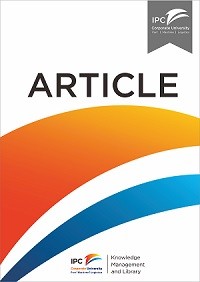Article
Governing the European port–city interface : institutional impacts on spatial projects between city and port
Sustainability agendas are challenging port authorities around the world to find ways to use port assets more efficiently and productively in economic, social, as well as environmental terms. To this end, one of the most strategic port assets is the port–city interface – waterfront zones in which the geography of the port and its city meet each other. In this paper, we explore the relationship between the institutions and governance processes behind spatial projects currently taking place in the interface of four European port cities: Marseille, Barcelona, Hamburg, and Rotterdam. Results show that laws and regulations dominate the spatial outcomes of governance processes between city and port, and that these tend to frustrate experimental efforts towards truly sustainable results. In addition, development orientations that foresee an on-going port migration process away from the urban core are still common among urban planning and policy makers, which impedes on the joint governance processes needed for building renewed, sustainable port–city relations and spatial projects. Contours of such a joint governance process have only been found in the Rotterdam case.
Ketersediaan
Informasi Detail
- Judul Seri
-
Journal of Transport Geography
- No. Panggil
-
ATC PO DAA g
- Penerbit
- Netherland : ., 2012
- Deskripsi Fisik
-
9 p.
- Bahasa
-
English
- ISBN/ISSN
-
0966-6923
- Klasifikasi
-
PO
- Tipe Isi
-
-
- Tipe Media
-
-
- Tipe Pembawa
-
online resource
- Edisi
-
-
- Subjek
- Info Detail Spesifik
-
-
- Pernyataan Tanggungjawab
-
Daamen
Versi lain/terkait
Lampiran Berkas
Komentar
Anda harus masuk sebelum memberikan komentar

 Karya Umum
Karya Umum  Filsafat
Filsafat  Agama
Agama  Ilmu-ilmu Sosial
Ilmu-ilmu Sosial  Bahasa
Bahasa  Ilmu-ilmu Murni
Ilmu-ilmu Murni  Ilmu-ilmu Terapan
Ilmu-ilmu Terapan  Kesenian, Hiburan, dan Olahraga
Kesenian, Hiburan, dan Olahraga  Kesusastraan
Kesusastraan  Geografi dan Sejarah
Geografi dan Sejarah